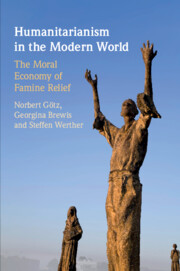This article utilizes a newly available dataset on the geographical distribution of development projects in Zambia to test whether electoral incentives shape aid allocation at the subnational level. Based on this dataset, it argues that when political elites have limited information to target distributive goods specifically to swing voters, they allocate more donor projects to districts where opposition to the incumbent is strong, as opposed to districts where the incumbent enjoys greater popularity.
